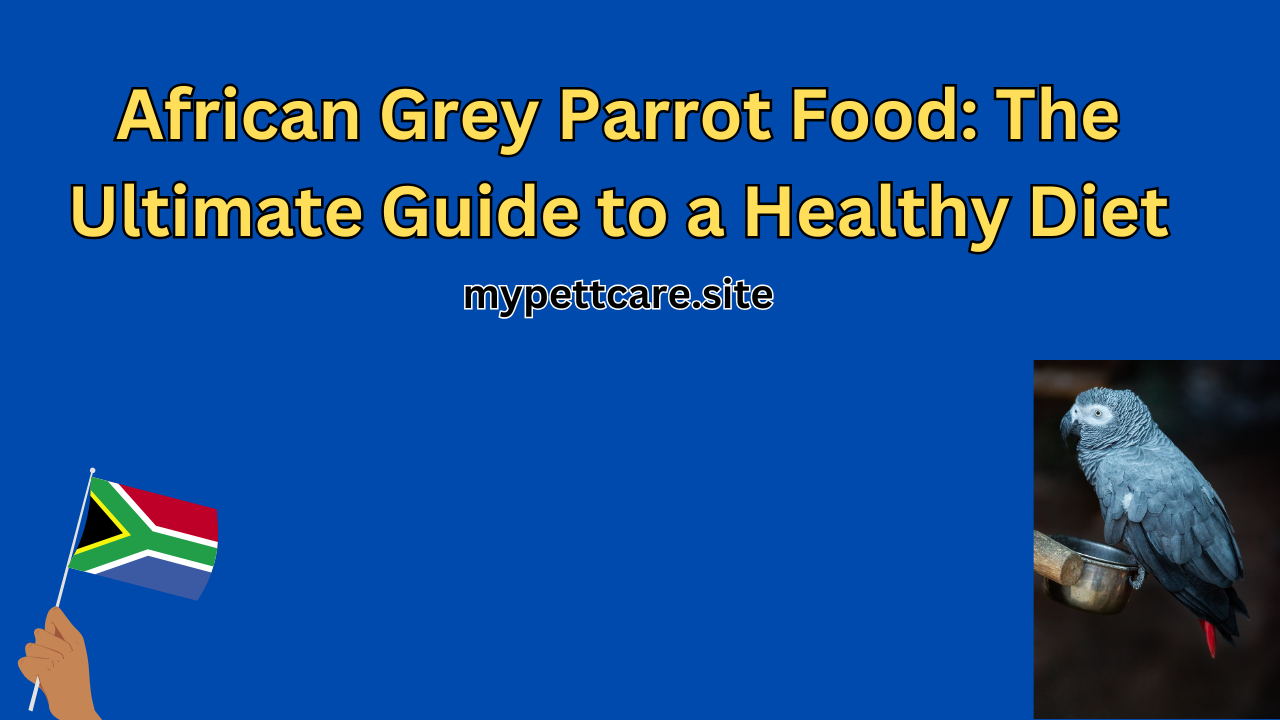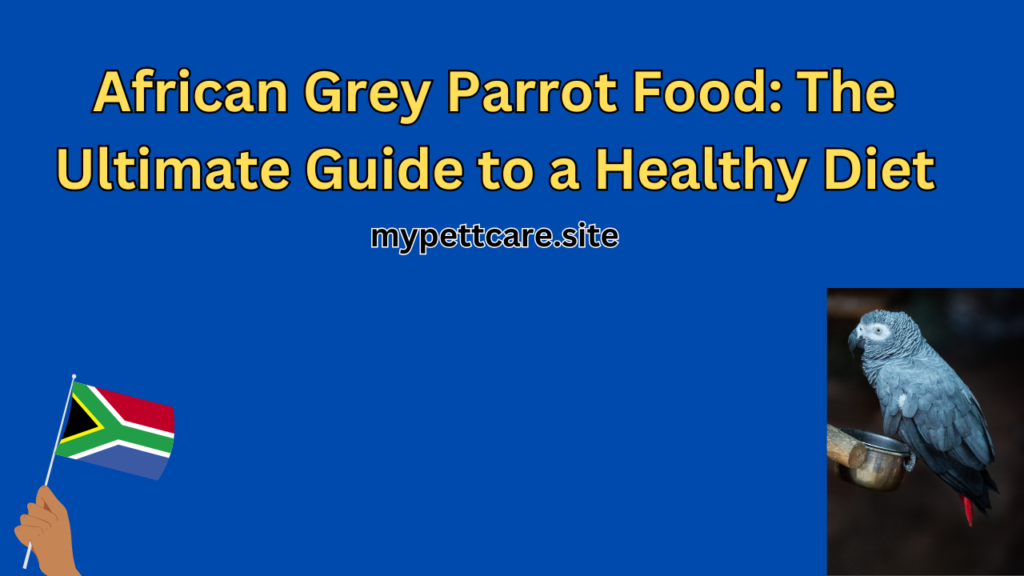African Grey Parrot food
how are you readers in this post we explore African grey Parrot food are among those birds that are most intelligent and attached to their friends, so we can call them. But, they are chiefly the dear ones of their families and are wholly dependent on their diets. Now that you know how to care for your African Grey let’s discuss how to feed them in the best possible way.
Understanding African Grey Parrots’ Nutritional Needs
Essential Nutrients for African Grey Parrots
- Apart from that, African Grey Parrots require all the proteins, vitamins, minerals, fats, and carbohydrates that humans also require.
- Here’s what you need to know: Essential for tissue repair, general health, and hydros. In vitro animation medium Vitamins and Minerals: Calcium and Vitamin A, especially to support bone health and immune functions, Energy needed, degrees of course. Fats and Carbohydrates – Energy of the need, although in moderation. African grey Parrots
Natural Diet in the Wild
African Greys eat seeds, fruits, nuts, and even small insects in the wild. That last part is essential to their well-being and must mimic this diversity. ” African grey Parrots “
Best Foods for African Grey Parrots
Fresh Fruits and Vegetables
African Greys love fresh produce!
- Recommended Fruits: Apples, bananas, berries, mangoes, papayas. Safe Vegetables: These are kale, carrots, sweet potatoes, and bell peppers.
- Serving Tips: Cut into small pieces wash well, and remove seeds or pits if they have them.
Nuts and Seeds
While these are nutrient-rich, moderation is vital due to their high fat content.
- Types of Nuts: Almonds, walnuts, and pecans (unsalted).
- Best Seeds: Sunflower, pumpkin, and flaxseeds.
Pellets
Their diet should consist of pellets comprising 60-70 percent. Try to find products from high-quality brands with few added ingredients. They are formulated to supply balanced nutrition.
Cooked Foods
Grains healthy for the parrots include quinoa, brown rice, and oats. Cooked beans and legumes are another two great protein sources. ” African grey Parrot food”
Foods to Avoid
Toxic Foods
Some foods are extremely harmful to African Greys:
- Avocado: Contains persin, which is toxic to birds.
- Chocolate and Caffeine: Can cause heart issues.
Salty and Sugary Foods
Avoid feeding your parrot processed or junk foods, as they can lead to obesity and other health problems.
Feeding Tips for Optimal Health
- Set a Schedule: Feed your parrot twice daily.
- Portion Sizes: Adjust based on age, weight, and activity level.
- Ensure Variety: Rotate foods to keep meals interesting and nutritionally complete.
Common Feeding Mistakes
Avoid these pitfalls:
- Overfeeding: Leads to obesity.
- Lack of Variety: Causes boredom and nutrient deficiencies. ” African grey Parrots “
How to Monitor Your Parrot’s Health Through Diet
A balanced diet is reflected in your parrot’s energy levels, feather condition, and overall demeanor. Watch out for signs of malnutrition like lethargy or dull feathers.
DIY Parrot Food Recipes
- Nutritious Snack Mix: Combine unsalted nuts, dried fruits, and seeds for a healthy treat.
- Veggie Delight: Steam carrots, broccoli, and sweet potatoes for a wholesome meal.
Conclusion
providing a balanced and nutritious diet is essential to the well-being of an African Grey Parrot. A varied diet consisting of high-quality pellets, fresh fruits, vegetables, and nuts ensures they receive the necessary vitamins, minerals, and nutrients to thrive. Avoiding harmful foods such as avocado, chocolate, and caffeine, and maintaining a consistent feeding schedule are also crucial for their health. Regularly assessing their diet and making adjustments based on age, activity level, and specific health needs can contribute to a longer, happier life for your feathered companion. By prioritizing their nutritional needs, you’ll foster a strong bond with your African Grey Parrot while supporting its overall vitality and longevity.


